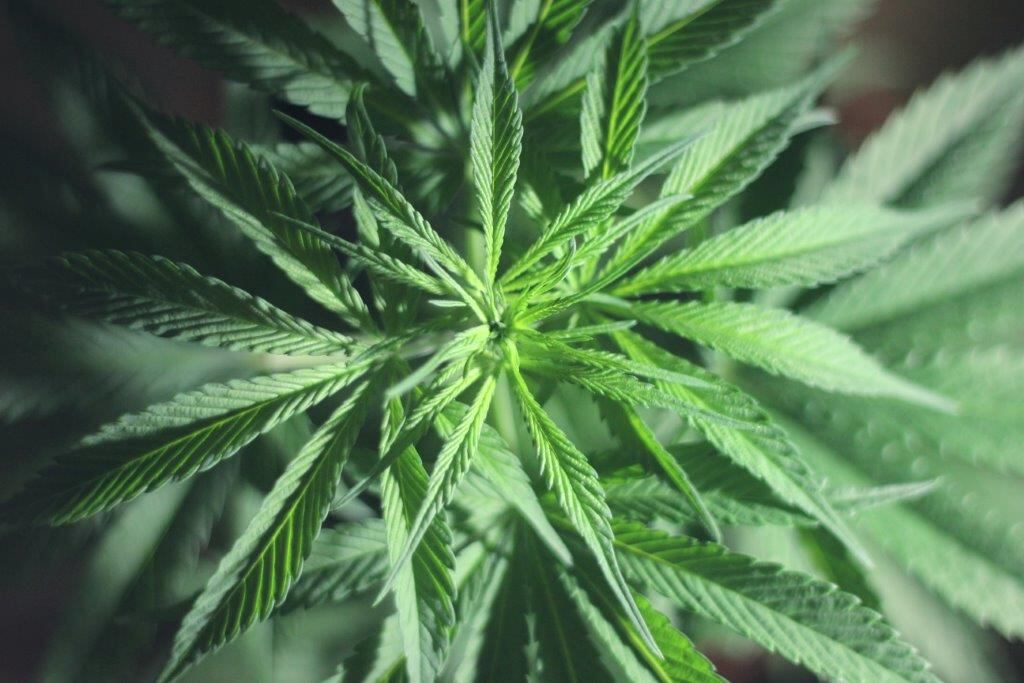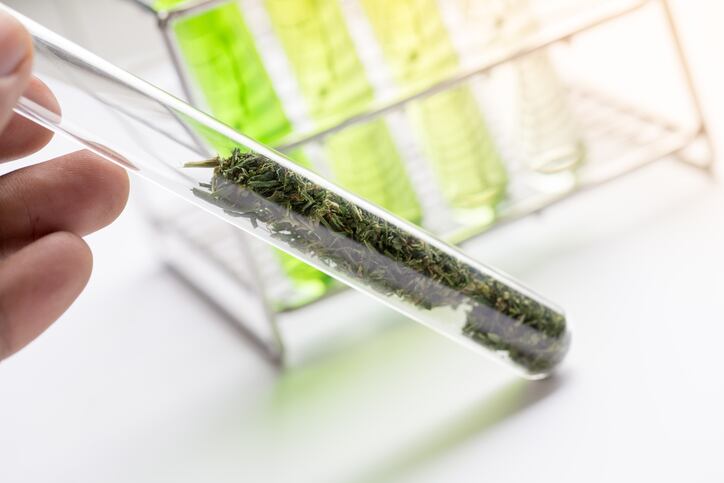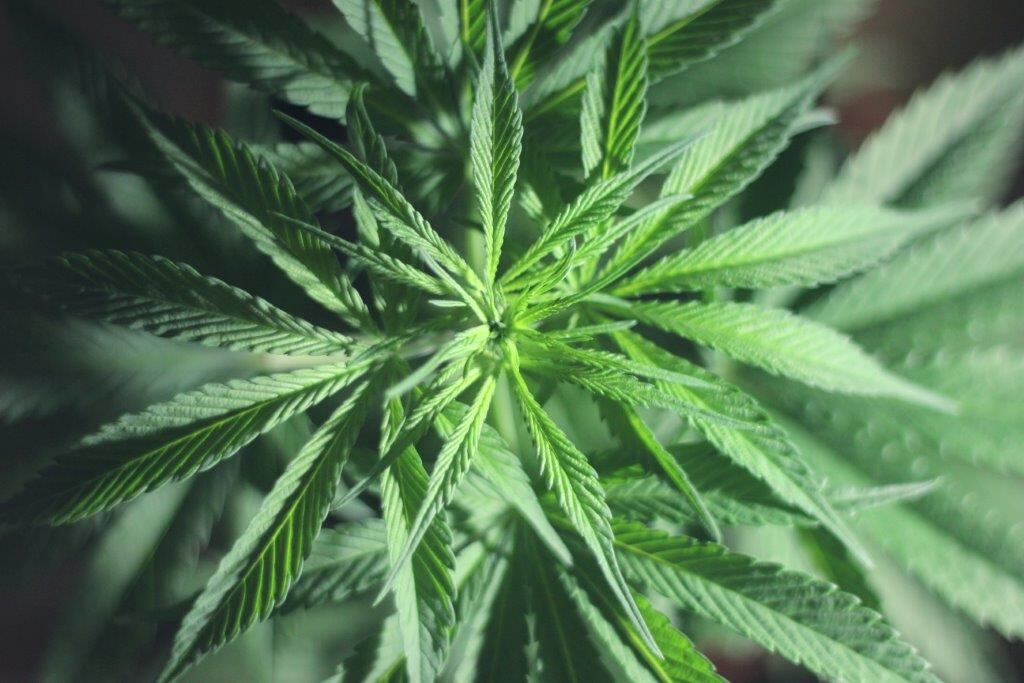The EIHA object to recent changes to the Novel Food Catalogue, which reclassify CBD-related products meaning CBD-containing products now require pre-market approval to enter the lucrative EU market.
“This unnecessary, illogical and illicit change of the former Novel Food entry is unacceptable for EIHA members and the entire European hemp industry,” said the Association.
“Why is a food that was confirmed lawful 20 years ago, suddenly no longer legal today?”
While these changes are not a binding document and are merely advisory, the decision has incurred the wrath of industry stakeholders as well as consumers.
The main issue is the uncertainty it causes particularly the long-term legality as a foodstuff or beverage ingredient, which now requires approval and authorisation as a “Novel Food”.
As a way of seeking clarification, the EIHA make available a Press Note that provides an overview of the current legislative framework of hemp extracts in Europe.
‘Hindered by governments’
Citing assurances given back in 1998, the EIHA said the hemp industry received written confirmation from the EU (PAFF Standing Committee) that hemp flowers/leaves were permitted for food use.
“Based on this decision, investments were made in the hemp sector that should be paid-back today instead of being hindered by governments and decision-makers across Europe,” the EIHA said.
As well as the European Commission’s [EC] changes to the catalogue, the CBD industry has also had to deal with an inconsistency in legislation among European Union (EU) member states.
As an example, Austria ruled that all products containing CBD were only available under prescription meaning the country does not recognise the novel food status.
Products that have a novel food registration cannot be sold in the country without a prescription restricting its availability.
In contrast, there has been progress made in Germany where companies have been given the green light to cultivate cannabis.
In addition, the country has increased the quantities of cannabis permitted for import in a response to growing demand.
Lorenza Romanese, EIHA’s managing director said, “I hope Member States and the Commission will urgently act in favour of the consumers and the single market as well as the environment.
“I urge them to support the EU hemp sector. The sector needs a clear and stable regulatory framework, which protects consumers and allows hemp businesses to develop.
“The current situation is jeopardising the European hemp industry and also the investments into R&D of health-promoting and environmentally responsible products.”
Potential benefits?
CBD’s change in status may not be all bad according to Shannett Thompson, senior associate at London-based law firm Kingsley Napley.
She points out that one beneficial consequence of the reclassification has motivated producers and distributors to review production methods to ensure safety.
In her regulatory blog, Thompson also points to the re-examination of product labelling so as not to mislead consumers and confirm there is nothing nutritionally disadvantageous in choosing to consume the product.
“So far as pending authorisations, it is difficult to see how any obstacle to authorisation could prevail on health grounds, given that The World Health Organisation (in a report last June 2018) stated that CBD was generally safe and well tolerated,” she said.
“This would suggest that the key issue arising in all of this is regulatory compliance, transparency as to methods of production and lawful marketing of such products.”



